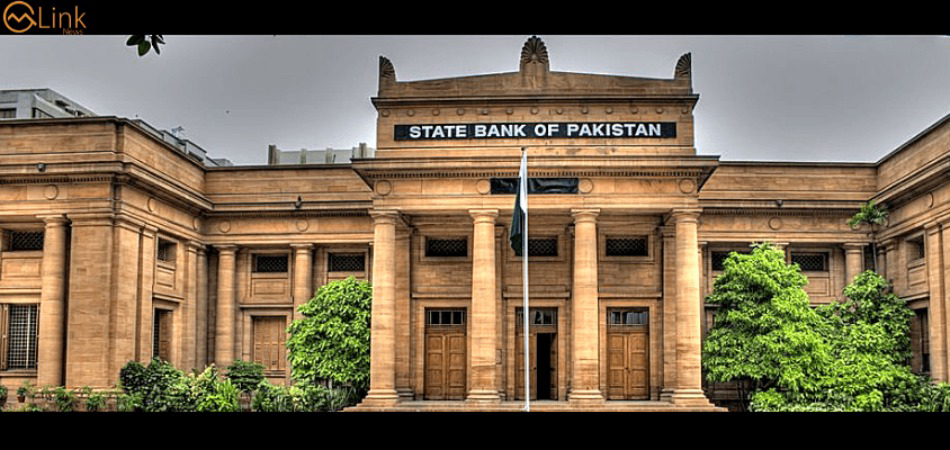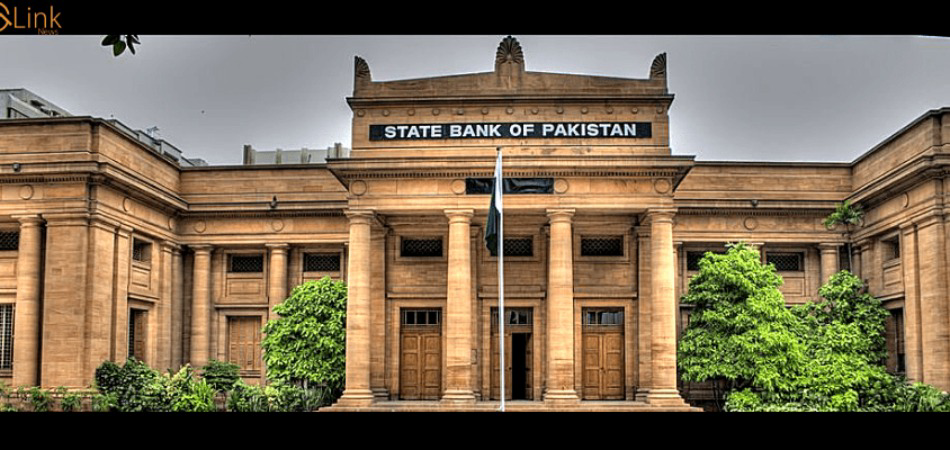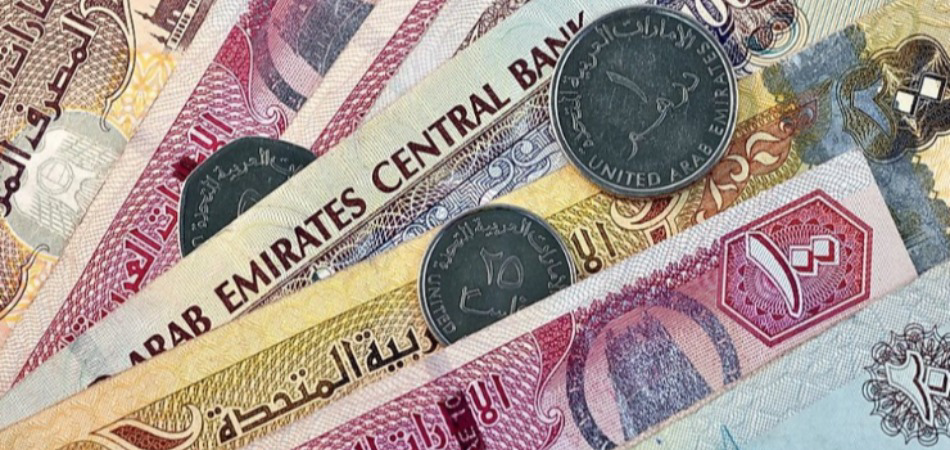Renewable Energy in Pakistan: Is the future as bright as it looks?

MG News | June 04, 2021 at 11:15 AM GMT+05:00
June 4, 2021 (MLN): Pakistan’s Green Energy Dialogue took place on Thursday where the move towards Renewable Energy (RE) and the road ahead for the state was scrutinized.
The issue of electricity shortage in Pakistan has been an utmost problem for decades leaving families and businesses in the dark, but recently the state has gone through a new problem that is more electricity generating capacity than it needs.
Power outages also remain the major concern as not long ago country’s major cities went into the dark leaving the citizens to suffer.
Knowing that Renewable Energy is taking over the world with its eco-friendly usage and the surplus amounts of production, last year it was promised by Prime Minister Imran Khan that Pakistan would produce 60% of its power through RE by 2030, but is it really possible for a struggling state to reach such goal?
The Green Energy Dialogue revolved around the same question where panelists from Corporate Pakistan Group, State Bank of Pakistan, K-Electric, NEPRA, GE Pakistan and Afghanistan and Alternate Energy Development Board (AEDB) participated sharing their opinion regarding the dialogue.
Upon asked about the vision to achieve the energy transition and what has been done so far in this regard, linking with the current progress of Pakistan RE development, Shah Jahan Mirza, CEO AEDB stated, “1924 Mega volts of RE projects are in progress including wind and solar projects, making it around more than 5% of the installed capacity in the country. With the exception of these, another 860 MV projects are under construction.”
Knowing the government plans regarding RE’s future, the CEO suggested that using Hydropower can take this 5% to 29%, bringing in substantial growth. Further, he believed that an indicative judiciary plan can also provide a quantum amount of energy if finalized.
With regards to this, Dr. Mia Farooq Haq from SBP added on the financing scheme introduced by SBP for RE in 2016, to promote RE projects. The financing is available up to 50 MV using alternative RE sources, where category 1 allows financing up to Rs.6billion, while Rs.400million is allocated for borrowers and Rs.2billion for vendors and suppliers- all desiring to set up RE projects for their own or for selling to the national grid.
Mansoor Mahmud, President GE Pakistan and Afghanistan, suggested that RE needs sustainability, reliability, affordable cost and accessibility. Keeping that in mind, the main things that could actually help RE reach all its limits are:
- Advance technology
- Digitization
- Going hybrid
If Pakistan can focus on these three things, President GE Pakistan believed that the transition is possible.
Naz Khan from K-Electric brought her thoughts suggesting, “Not enough has been done regarding RE, as Pakistan today is looking at 7 to 8% of the renewable front but if the SBP and government keep up with their good policies, things might take a shift.”
Ending the note, Chairman NEPRA, Tauseef Farooqi shared an optimistic vision believing that being a late entrant into the market, the state has an advantage, as it can do well in the usage of RE and use it at a cheap rate.
Today, 30% of Pakistanis are living in dark therefore the chairman showed deep intents to help those people and provide them with electricity.
When asked about the challenges in transition and converting the country into a cleaner energy mix, The marshal of panelists agreed upon the transition in distribution and digitalization as the major challenges that could make things tough. Apart from that, the supply-demand generation surplus and reinforcement in grids were the major challenges highlighted.
Chairman Imran Farooqi stated, “As regulator like NEPRA, we need to study carefully the regulation dynamics and update constantly as per market expectation”, continuing “that is a challenge that we have to work upon.”
During the dialogue, CEO K-Electric, Moonis Abdullah Alvi announced Rs.5mil for Akhuwat Foundation to credit people wanting to have REpower especially in areas where grid connectivity is an issue.
Responding to actions towards climate recovery, CEO AEDB said that electricity must be provided under the Sustainable Development Goals (SDG).
Last but not the least, the final question asked from the panel was regarding Electric Vehicles (EV), what is being done to decarbonize transitioning to EV? And how are we cultivating the right environment for such a transition?
In answer to the following question, the panelist discussed the manufacturing of EVs in Pakistan, where it was stated that much work has been done for the project and soon there will be an important development in the following matter.
Certainly, if all these plantings and visions discussed in the dialogue work out, the future could be green for the REpower and hybrid system in Pakistan where the road ahead could bring wonders. But if it does not, then what would be the plan B for the country? Nonetheless, in an upcoming couple of years, many rising queries are expected to be resolved and the future for Pakistan in terms of RE would be more visible.
Copyrights Mettis Link News
Related News
| Name | Price/Vol | %Chg/NChg |
|---|---|---|
| KSE100 | 134,299.77 290.06M |
0.39% 517.42 |
| ALLSHR | 84,018.16 764.12M |
0.48% 402.35 |
| KSE30 | 40,814.29 132.59M |
0.33% 132.52 |
| KMI30 | 192,589.16 116.24M |
0.49% 948.28 |
| KMIALLSHR | 56,072.25 387.69M |
0.32% 180.74 |
| BKTi | 36,971.75 19.46M |
-0.05% -16.94 |
| OGTi | 28,240.28 6.19M |
0.21% 58.78 |
| Symbol | Bid/Ask | High/Low |
|---|
| Name | Last | High/Low | Chg/%Chg |
|---|---|---|---|
| BITCOIN FUTURES | 118,140.00 | 119,450.00 115,635.00 |
4270.00 3.75% |
| BRENT CRUDE | 70.63 | 70.71 68.55 |
1.99 2.90% |
| RICHARDS BAY COAL MONTHLY | 97.50 | 0.00 0.00 |
1.10 1.14% |
| ROTTERDAM COAL MONTHLY | 108.75 | 108.75 108.75 |
0.40 0.37% |
| USD RBD PALM OLEIN | 998.50 | 998.50 998.50 |
0.00 0.00% |
| CRUDE OIL - WTI | 68.75 | 68.77 66.50 |
2.18 3.27% |
| SUGAR #11 WORLD | 16.56 | 16.60 16.20 |
0.30 1.85% |
Chart of the Day
Latest News
Top 5 things to watch in this week
Pakistan Stock Movers
| Name | Last | Chg/%Chg |
|---|
| Name | Last | Chg/%Chg |
|---|




 MTB Auction
MTB Auction